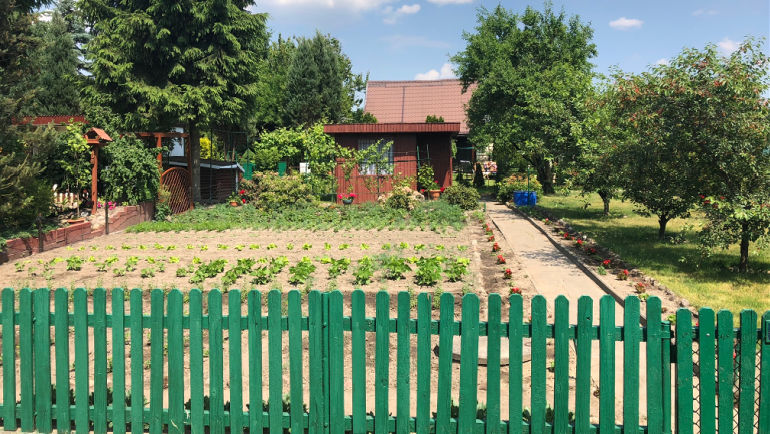Institute of Gerontology researcher publishes book on aging in Poland

DETROIT — Jessica Robbins, Ph.D., has published Aging Nationally in Contemporary Poland: Memory, Kinship, and Personhood (Rutgers University Press, 2021). Robbins is an assistant professor at Wayne State University appointed to the Institute of Gerontology and the Department of Anthropology. The book examines how the recent concept of “active aging” interacts with the health-promoting behaviors of older Poles who lived through major social, economic and political upheaval as the country transitioned from socialism to capitalism.
The book is receiving many positive reviews. Janet Carsten, a Fellow of the British Academy and professor of anthropology at the University of Edinburgh, called it “a nuanced and beautifully written account of aging in contemporary Poland. Robbins illuminates . . . the interconnections of remembrance, relatedness, and moral personhood.” University of Houston professor Susan Rasmussen, author of Persons of Courage and Renown, called it “a must-read” with “broader implications for studies of the life cycle, as well as age-related policies.”
Robbins has been fascinated with Poland’s older adults since graduate school. As an anthropology student, she conducted fieldwork in three kinds of Polish facilities that cater to older adults: a rehab center, a long-term care home, and lifelong learning “universities” that provide educational and physical enrichment for seniors. “These were the extremes,” Robbins said. “I could look at the phenomenon of aging through different lenses and compare insights.”
Poland’s older generations offer a unique case study because they lived through massive political transformations. “Some people I interviewed were born before the country of Poland existed. They lived through the invasions, catastrophes and destruction of WWII – Soviet control, borders changing, people being moved around. Then state socialism collapsed in 1989. Now, Poland is in the European Union. Through it all, what does it mean to live a good life, to have ties to each other, to have a sense of moral personhood?” Robbins asked.
Though Poles tend to prefer being taken care of at home, Robbins’ studies showed that relationships in care facilities could be a rich source of connectedness. “The happiest folks found a way to contribute something. They shared coffee and tea, told stories that linked their lives to the history of the nation. They played games, sang songs, shared food. This happened even in memory care units. People found ways to create a social life and to maintain their personhood,” she said.
Through intimate portrayals, the book details how older Poles live valued, meaningful lives despite the threats to respect and dignity posed by illness and debility. Too often, successful aging really means “not aging,” said Robbins, as in “this 85-year-old can still run marathons,” and “that 92-year-old woman still lives on her own.” Those characterizations can mask societal fears of dependence and death. “But independence is a myth,” she said. “The person you are today can change in a moment with a diagnosis or an injury. We are interdependent. We become a person through relations with others.”
See details and a preview of Aging Nationally in Contemporary Poland here.